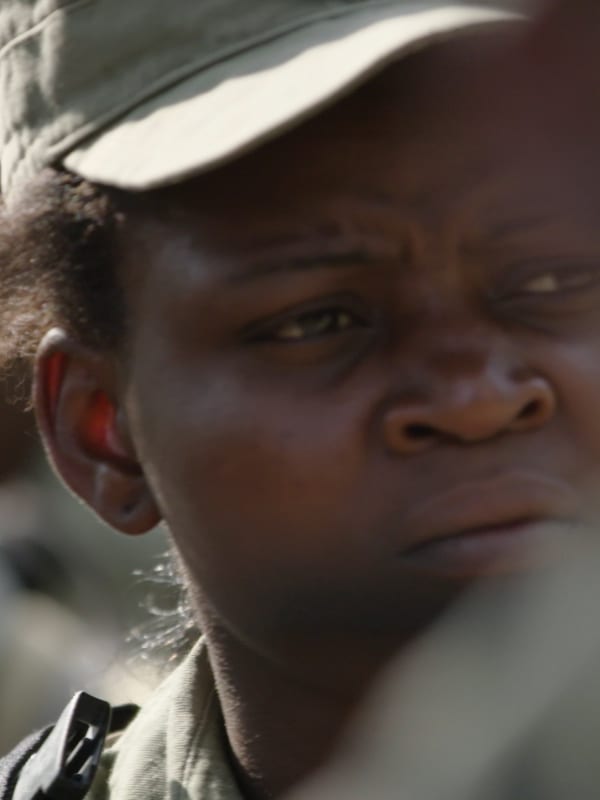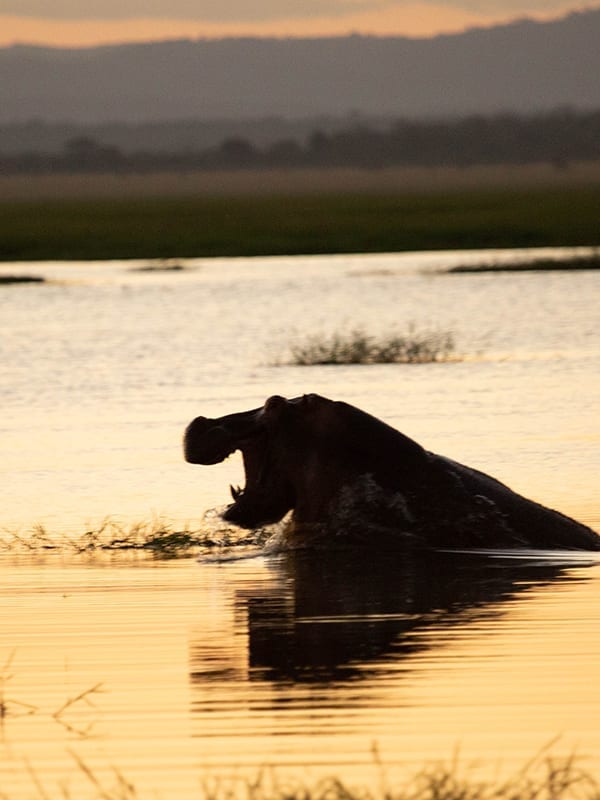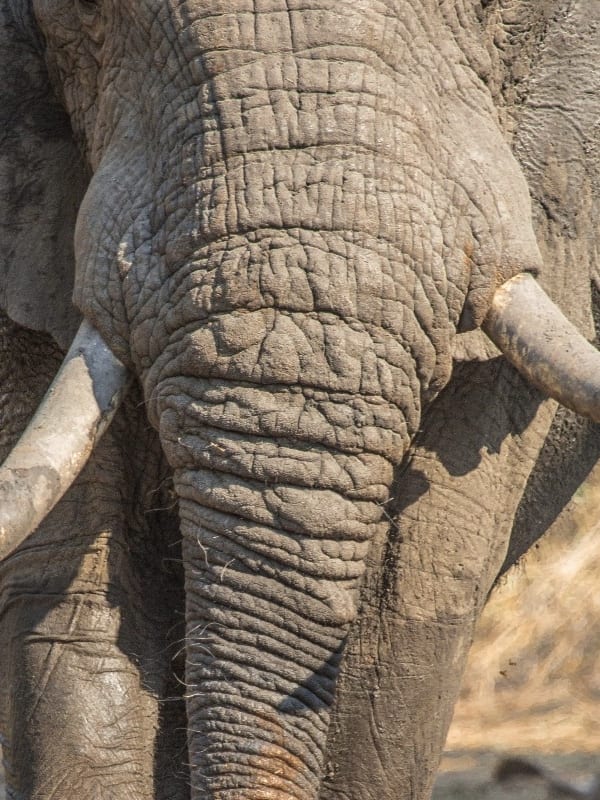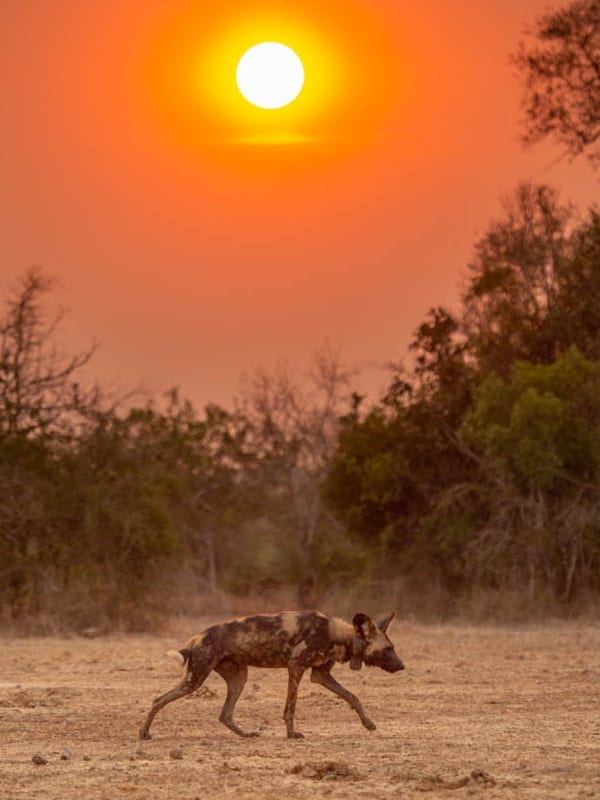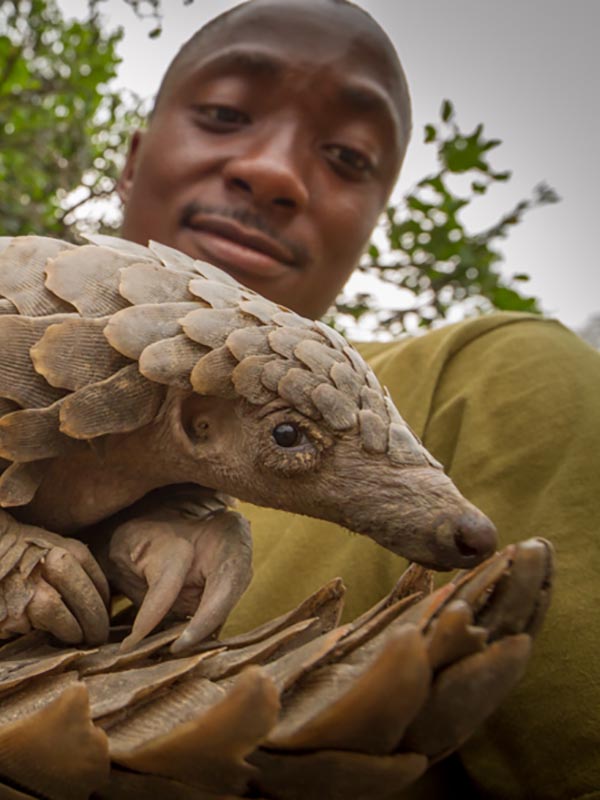CONSERVATION AT GORONGOSA
“We should preserve every scrap of biodiversity as priceless while we learn to use it and come to understand what it means to humanity.”
— E. O. Wilson
Conservation
The critical job of protecting and saving this priceless world treasure falls to our Department of Conservation. These passionate and dedicated men and women are at the front lines of our effort to preserve Gorongosa for future generations. It’s a complicated job, and the Department employs over 300 people, 99% of whom are Mozambican, in their wide-ranging approach, which includes law enforcement, wildlife managments, re-introductions, conservation technology and managing human wildlife coexistance.
Wildlife Rangers
Conservation Heros
Healing Ecosystems
Wildlife Veterinary
Human Wildlife Coexistance
Hope for the Future
Big Cats - Painted Wolves
Restoration
Saving Pangolins
Mozambique’s 1st Rescue Program
2019 has proved an important year for Conservation at Gorongosa. We reintroduced 14 painted wolves (African wild dogs) in 2018 with great success. Twenty-six pups from three litters have swelled their numbers to 40. We reintroduced another 15 painted wolves to the Park in October of this year. The lion population has increased to 146 known individuals, and the elephant population to 800 – and growing.
We now manage an area adjacent to the Zambezi River. A former hunting concession (Coutada 12), it is home to leopards and painted wolves and the largest indigenous closed canopy forest in Mozambique. We are working with local communities in a forestry concession to establish a safe wildlife corridor between Gorongosa Park and this new sector.
During the first half of 2019, Park rangers rescued 27 trafficked pangolins in Sofala and Manica provinces. Gorongosa Park wildlife vets cared for them and released them into the wild. Our rangers seized three leopard skins and 25 elephant tusks outside the Park borders, collaborating with the police to bring traffickers to justice.
We greatly increased our communications capability with a new Park-wide digital radio system. We now use the ‘EarthRanger’ domain-awareness system to coordinate and monitor law enforcement operations and radio-collared wildlife.
Gorongosa Park provided sable, waterbuck, oribi and reedbuck to help rewild Zinave National Park and the Maputo Special Reserve.
Our Mission
Our Mission
Advance an integrated multi-partner approach to conservation and to people-centred development. The Gorongosa Project protects the Park’s biodiversity and ecosystem services and unlocks its economic potential for the community inhabitants of the Gorongosa Buffer Zone, Sofala Province, Mozambique and further afield.
Our Vision
A thriving, biodiversity-rich, Greater Gorongosa conservation landscape, which supports Sofala Province as an engine for resilient and sustainable development enabling nature experiences and wellbeing for its people, enriching all of Mozambique and the world.
A Park for Peace
On 1 August, 2019 a historic ceremony was held in Gorongosa to celebrate the Cessation of Hostilities Accord between the leaders of the Government of Mozambique and the opposition Renamo Party. The accord established Gorongosa National Park (GNP) as a ‘Park for Peace’, delivering human development to the communities that share the greater landscape.
Ethics and Compliance
The Ethics and Compliance e-mail is a reporting mechanism that facilitates reporting of possible illegal, unethical, or improper conduct from staff, suppliers and stakeholders. The e-mail is Ethics@gorongosa.net
